At Pulse, we’ve been hearing a lot about medical scribe data, as patient notes are mainly contained in handwritten documents. Traditional OCR solutions and LLMs are incredibly inadequate for such data, often hallucinating medications, missing critical checkmarks, and misinterpreting dosages that could lead to dangerous patient outcomes. This is the most exciting vertical we’ve noticed Pulse being applied to, and hope it will help improve healthcare efficiency by an order of magnitude.
Illegible, Inconsistent, and High-Stakes
Medical documentation presents unique challenges that generic AI solutions can't handle. Physician handwriting notoriously varies in legibility, while medical shorthand and abbreviations differ across specialties. Form contexts like checkboxes and circled items require spatial understanding, and faded ink with overlapping notes challenge even the best systems. When AI hallucinates in this context, it doesn't just create inefficiency, but introduces potentially life-threatening errors.
Seeing is Believing
Below we’ve attached 3 incredibly difficult handwritten prescription documents, courtesy of this dataset, and attached Pulse’s output in comparison to the ground truth. Plug these examples into an LLM, even reasoning models, and the models will be nondeterministic with high rates of hallucinations when they cannot understand the handwriting.
Example 1:
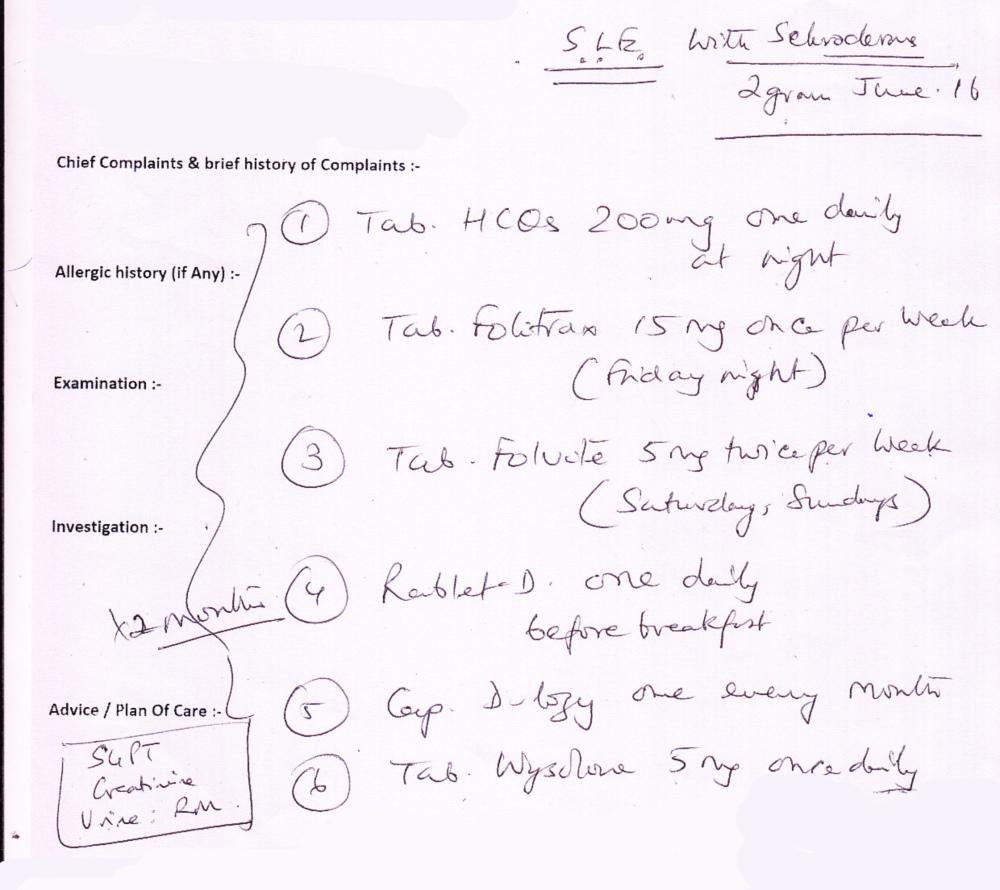
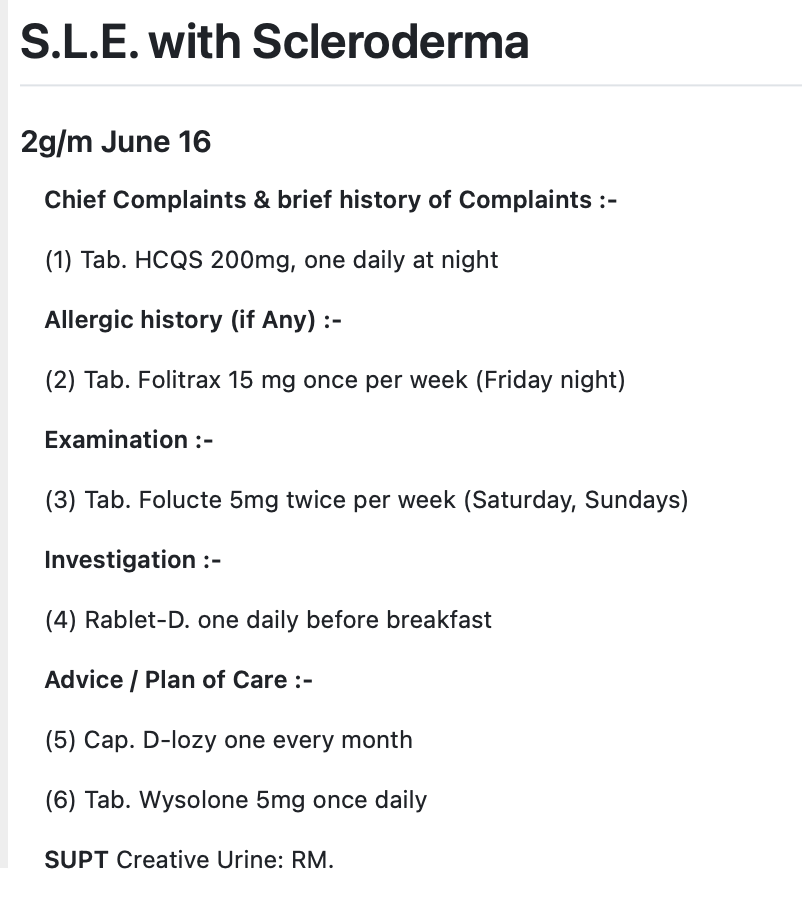
—
Example 2:
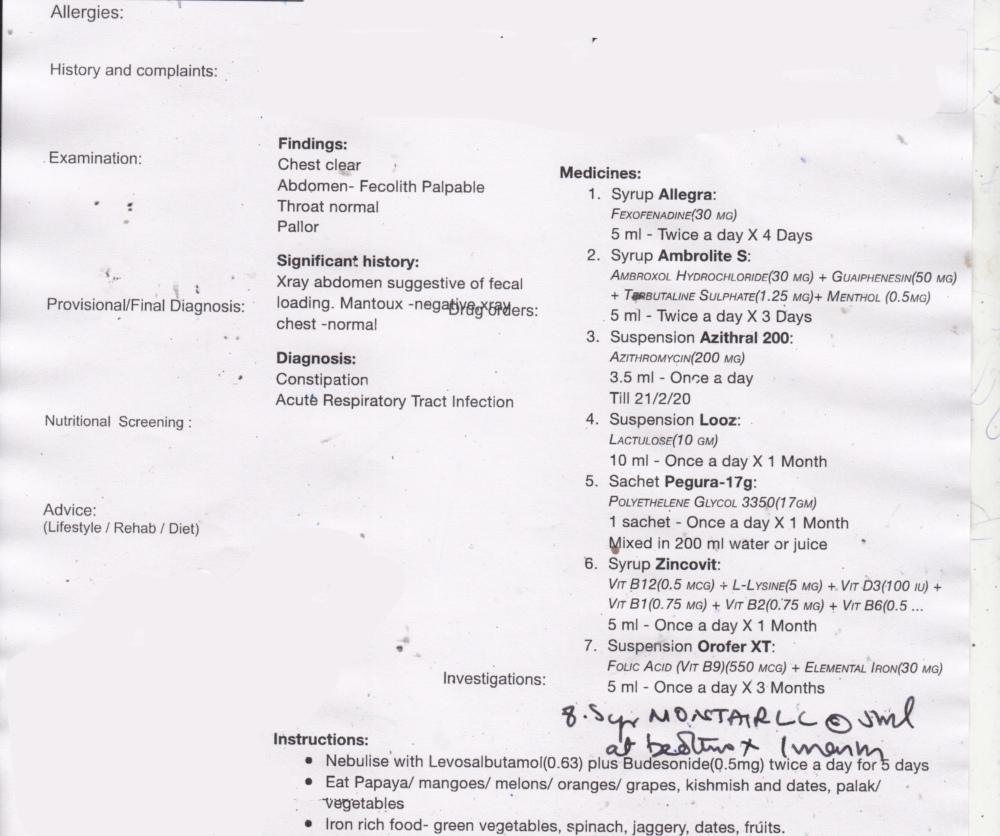
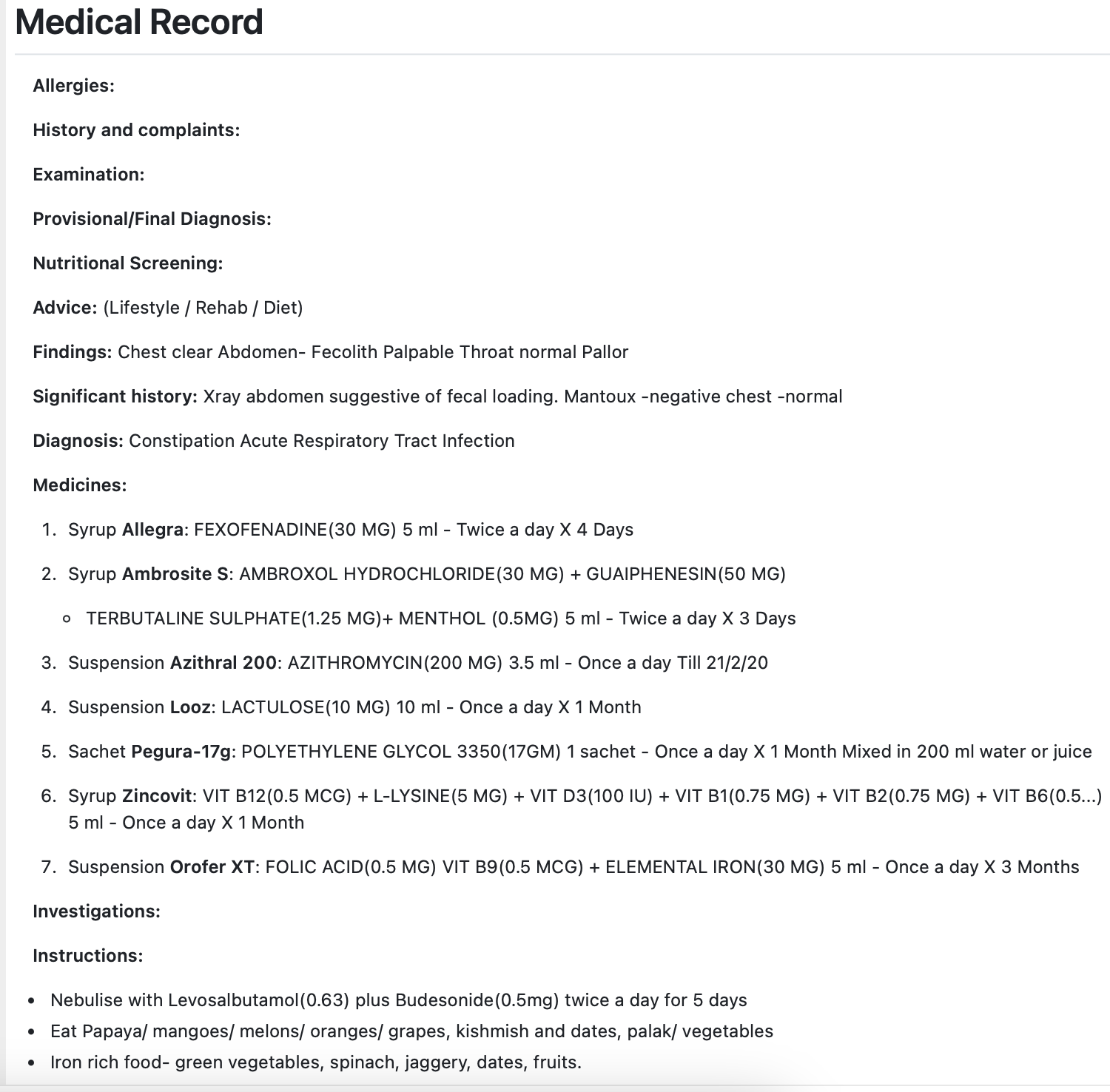
—
Example 3:
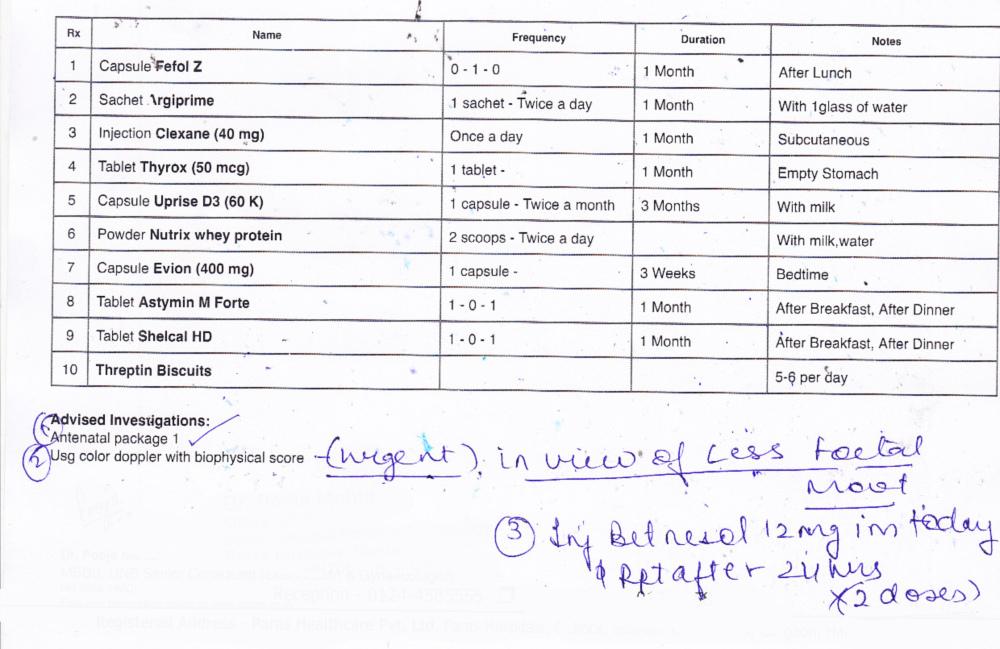

From Scribbles to Structured Data
Pulse models have been trained on millions of pages of handwritten medical documents, making them uniquely equipped to handle the complexity of healthcare documentation. We've built specialized recognition for common medical terminology, abbreviations, and notation styles that understand the language of medicine in all its handwritten variations.
The feedback speaks volumes. Healthcare professionals across multiple specialties have declared this the best solution they've benchmarked. One medical group reported that Pulse captured 92% of handwritten notes accurately, compared to just 54% with their previous system.
For healthcare organizations looking to digitize their records without compromising patient safety, Pulse represents a fundamental leap forward in medical document intelligence.
--
Contact us for access to our platform or to schedule a demo tailored to your document processing needs.





